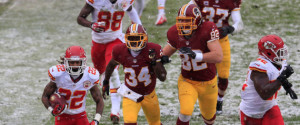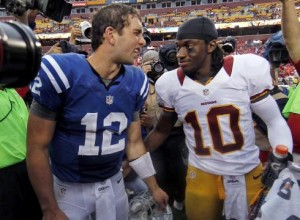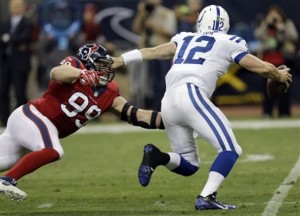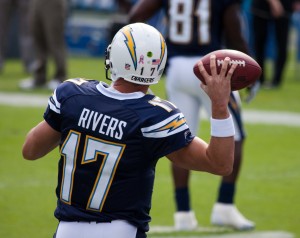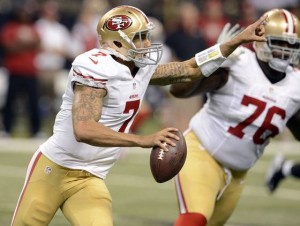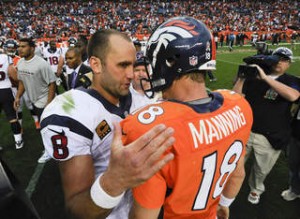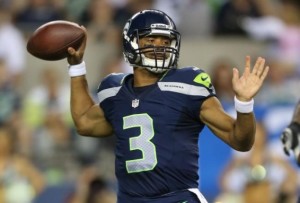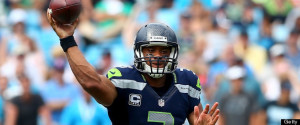Last week, six teams won with a negative Game Script. During an unforgettable slate of 1PM games in week 14, four teams during that time slot won with a negative Game Script — and that doesn’t include the insane Ravens/Vikings game. One of the teams to win with a negative Game Script was Miami, so had the Ben Roethlisberger/Antonio Brown miracle lateral play worked, it would have increased the craziness quotient but left us with just three negative Game Script victors.
The big comeback, of course, was in New England. The Patriots were shut out for the first 43 minutes, scored 14 points in the next 15 minutes, and then 13 points in the final two minutes. New England now has two of the biggest comebacks of the year, and joins Seattle as the only teams to win two games with Game Scripts of -6.0 points.
Big news out of Washington yesterday: Robert Griffin III has been benched for Kirk Cousins, in what is being described as collateral damage in the Dan Snyder/Mike Shanahan power struggle. The most interesting part of that sentence is Snyder’s hyperlinked name means yes, in fact, PFR now does have pages for executives. The quarterback change obscures the fact that the team has the worst special teams through thirteen weeks since at least 1989, and a pretty bad defense, too. More relevant for today’s post is that the beat down provided by Kansas City produced a Game Script of 23.8 points, the largest average lead in any game this year.
Below are the Game Scripts data from each game in week 14; you can view the Game Scripts from each game this season at the always up-to-date Game Scripts page here. [continue reading…]

